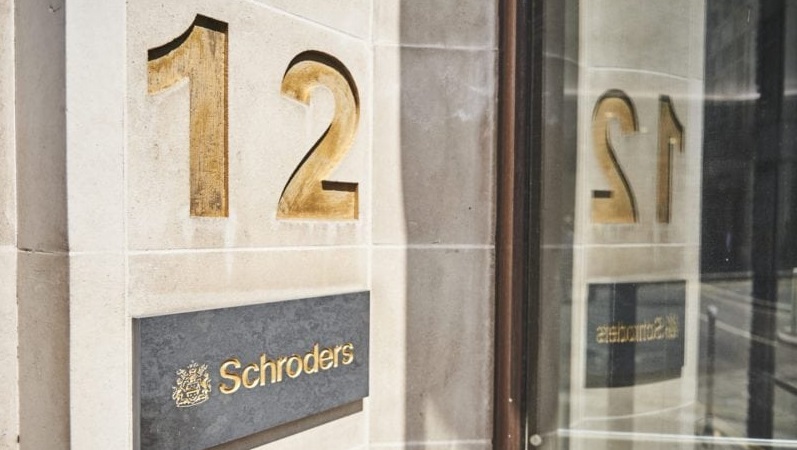Schroders is the latest asset manager to swear off investing in Russia following its invasion of Ukraine.
The FTSE 100 fund group released a statement on Thursday, stating it would not invest in Russian and Belarusian equities “for the foreseeable future”.
It follows similar moves from Abrdn and Fidelity International which announced via Linkedin earlier this week they would halt investments in the region and take actions to cut their existing exposure where possible.
On Thursday CEO Peter Harrison told Reuters Russian stocks and bonds were now “in the realms of the utterly uninvestable” thanks to the raft of sanctions imposed by the US and its Western allies, which have sent the rouble plunging and commodity and oil prices skyrocketing.
However, with Russian markets suspended since Monday and the LSE halting trading on 27 companies with strong ties to the country, asset managers have no choice but to hang onto their holdings until markets stabilise.
“Everyone at Schroders is shocked and deeply saddened by the Russian invasion of Ukraine. Our hearts go out to the millions of people affected, which include some of our employees and their families and friends,” the company said.
“Aside from the human tragedy, this terrible situation will have significant long-term business implications which we are analysing. The provision of European energy supplies is likely to be dramatically different, the rising oil price has impacted inflation expectations, while global supply chains across numerous industries will need to be re-directed. We need to engage on these issues and many more in order to meet our client expectations on ESG and to most effectively manage their portfolios.”
Schroders examining non-Russian holdings with ties to region
Schroders described its current exposure to Russia, Belarus and Ukraine as “minimal,” representing less than 0.1% of its £732bn in assets under management.
Several of its funds available to UK investors have decent exposure to the Russian Federation however, including its £750m Global Emerging Markets fund and £1bn Global Recovery fund, which have 5.2% and 4.3% weightings respectively, according to Morningstar.
These pale in comparison to its Luxembourg-domiciled ISF Emerging Europe fund, which had 63.1% invested in the region at the end of January, according to its latest factsheet.
While markets in Moscow are shut, Schroders said its focus was on examining its non-Russian holdings to understand how they are managing their businesses in Russia, Belarus and Ukraine, including their supply chains and any stakes they may own or operate.
“We are engaging with those companies to ensure they are responding appropriately to the current crisis,” it said.










